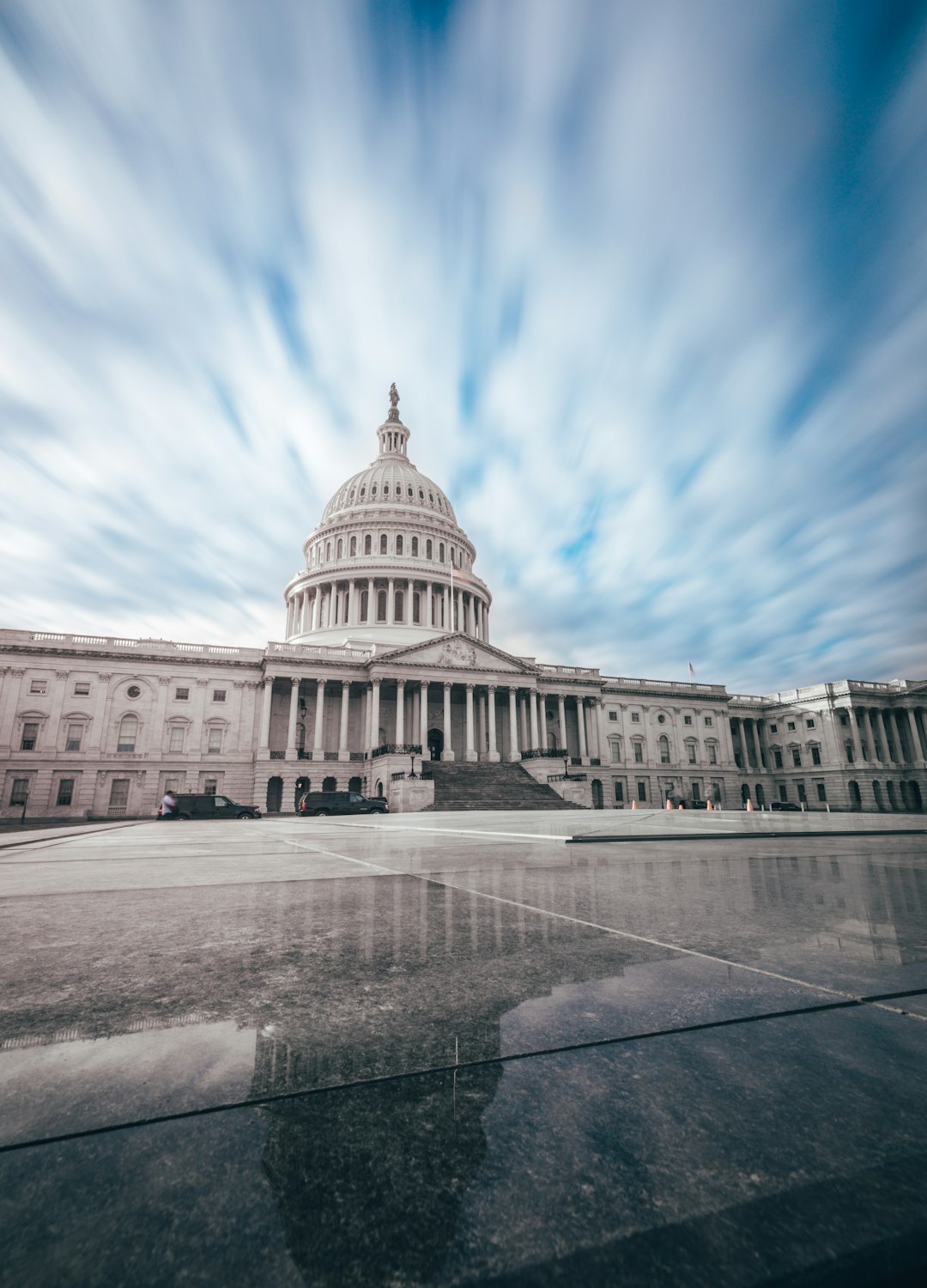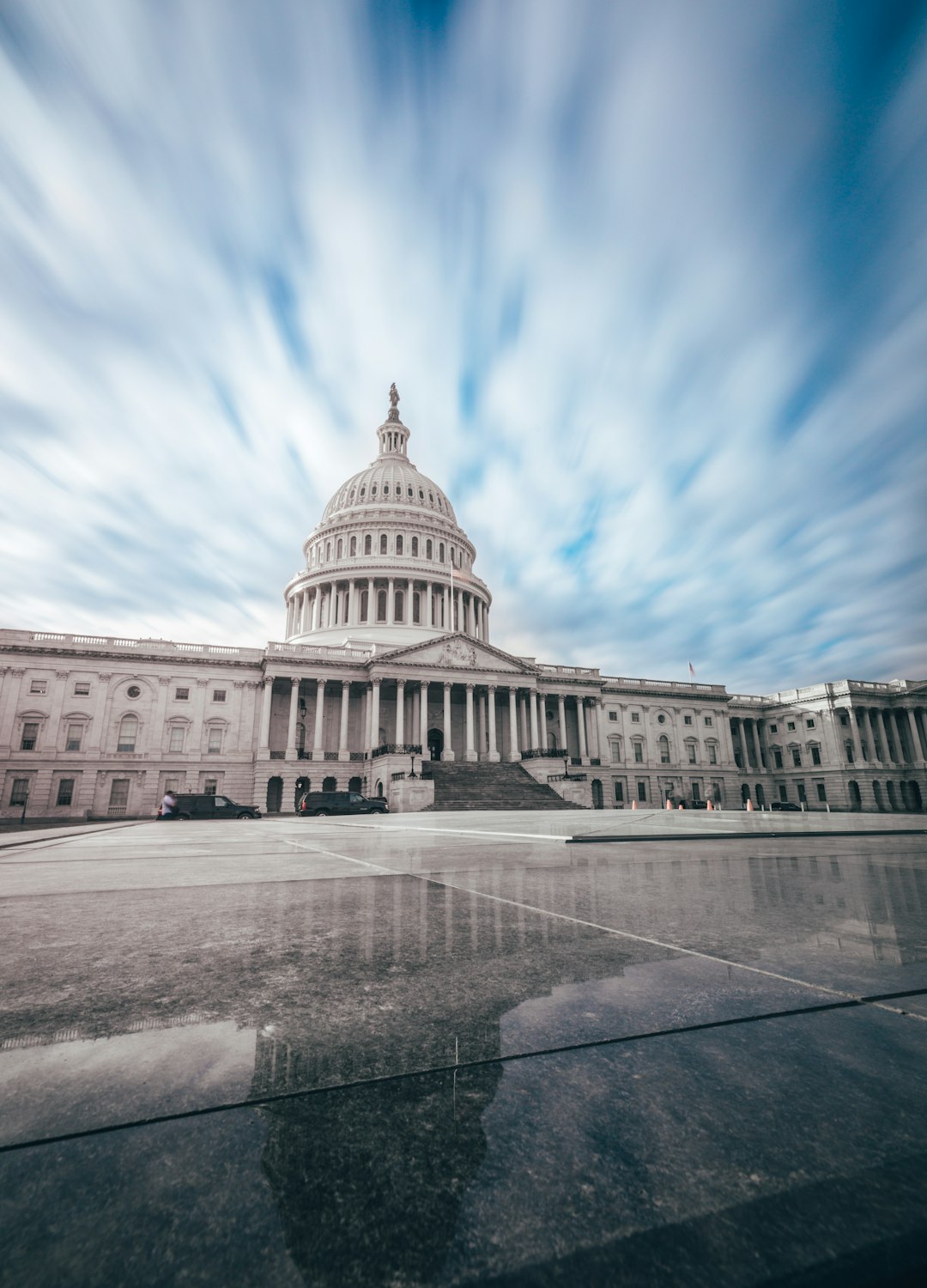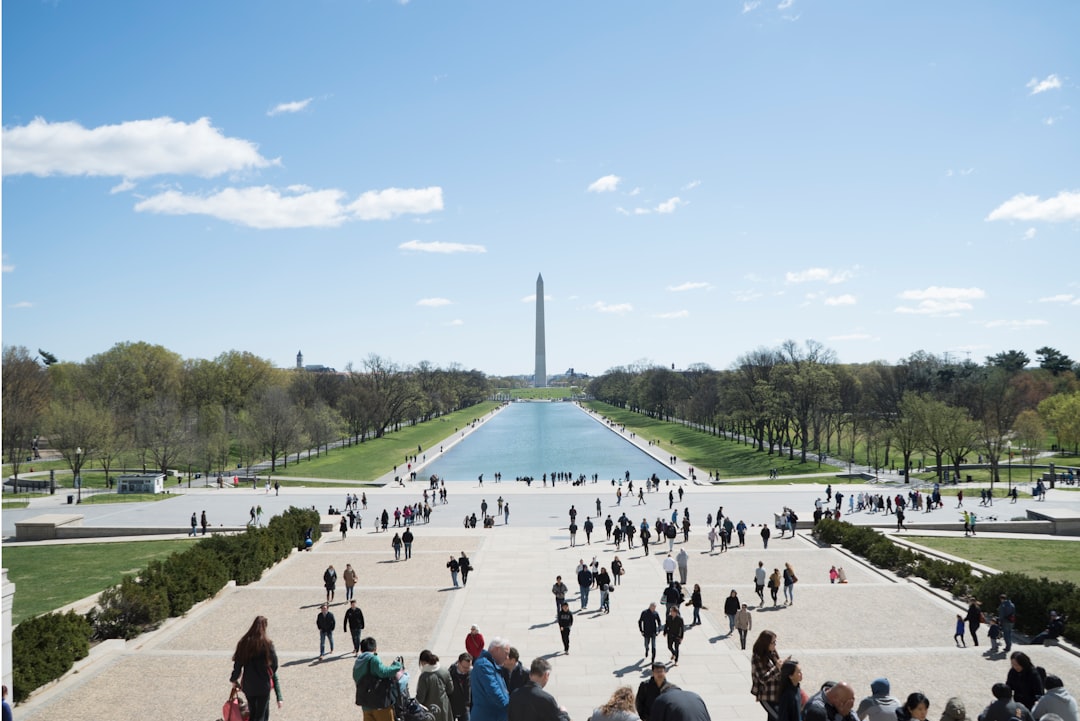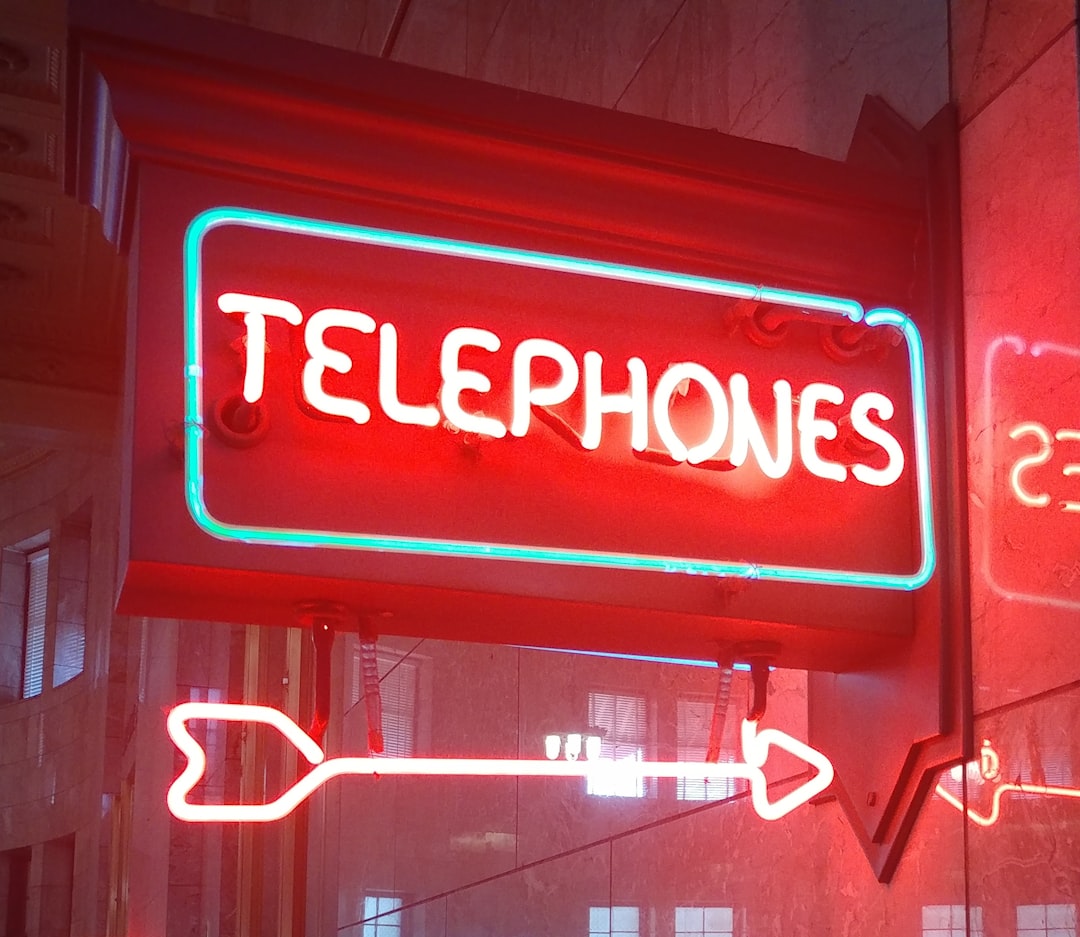Washington's strict telemarketing laws, enforced by the State Attorney General, protect residents from unsolicited calls and scams. Businesses must obtain explicit consent through opt-in lists, while consumers can register on do-not-call lists to block calls, including those from telemarketers. Online resources are vital for handling complaints, with state agencies offering complaint forms and tracking systems, and independent review sites providing insights into common issues. Washington residents can protect their privacy by registering on the state's Do Not Call list, and consulting with a local do-not-call attorney is recommended if rights are violated.
In Washington, telemarketing complaints are regulated by strict laws designed to protect residents from unwanted calls. This article guides you through effectively utilizing online resources to resolve telemarketing issues. We’ll explore a comprehensive overview of telemarketing laws specific to Washington state and provide practical tips on identifying and navigating Do Not Call lists with the help of digital tools. Learn how to engage with Do Not Call attorneys in Washington to ensure your rights are protected.
Understanding Telemarketing Laws in Washington: A Comprehensive Overview

In Washington, telemarketing laws are strictly regulated to protect residents from unsolicited phone calls and potential scams. The Washington State Attorney General’s Office plays a pivotal role in enforcing these rules, ensuring that businesses adhere to ethical practices. One key regulation is the requirement for companies to obtain explicit consent before initiating telemarketing calls, often through opt-in lists. This means that if you haven’t given your permission, businesses cannot call you—a significant protection for Washington residents.
Moreover, the state has specific guidelines regarding do-not-call lists. Consumers can register their phone numbers on these lists to prevent calls from various sources, including telemarketers. This power is a substantial tool for residents to take control of their privacy. Understanding and familiarizing yourself with these laws is essential when dealing with telemarketing complaints, as it sets the framework for resolving issues and ensures compliance with regulations in Washington.
Identifying and Utilizing Online Resources for Effective Complaint Resolution

Identifying online resources can significantly enhance your approach to handling telemarketing complaints in Washington, especially when navigating the ‘Do Not Call’ regulations. Many consumers prefer resolving issues digitally, making online platforms a powerful tool for businesses aiming to provide excellent customer service. Start by searching for state-specific consumer protection agencies or departments that offer online complaint forms and tracking systems. These government-backed resources ensure your complaints are documented and can be efficiently addressed.
Additionally, consider using independent review sites and consumer advocacy forums where individuals share their experiences and provide feedback on telemarketing practices. Here, you can find insights into common issues and potential violations of ‘Do Not Call’ policies. Utilizing these online tools allows for a more proactive approach, enabling businesses to rectify problems swiftly and build trust with their customers.
Navigating Do Not Call Lists: Protecting Your Rights as a Washington Resident

In Washington, residents have the right to register their phone numbers on the state’s Do Not Call list to prevent unwanted telemarketing calls. This is a powerful tool for protecting your privacy and reducing the number of unsolicited calls you receive. However, navigating these lists can be confusing, especially with various national and local registries. Understanding how to manage your preferences and know your rights is essential.
Washington residents can register their landline or mobile numbers through the state’s official Do Not Call list. This simple process ensures that legitimate telemarketing firms must obtain explicit consent before contacting you. Moreover, if you believe your rights have been violated by persistent or unauthorized calls, it’s advisable to consult with a Do not call attorney in Washington who can guide you on legal options and help you resolve the issue effectively.






